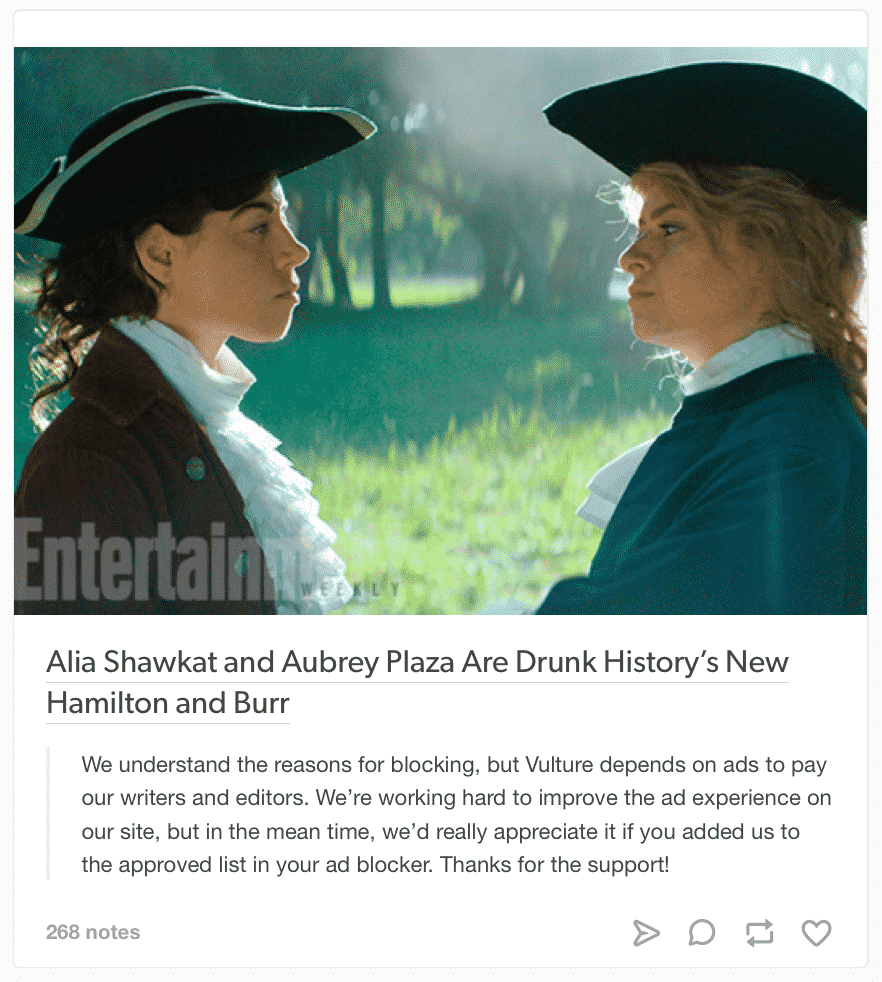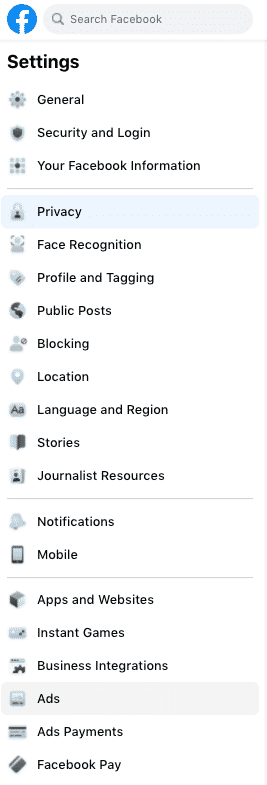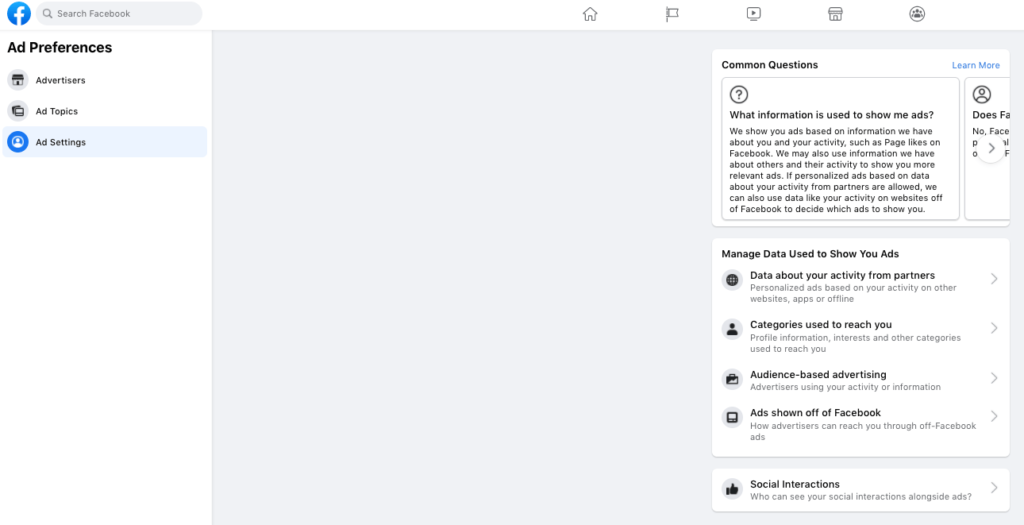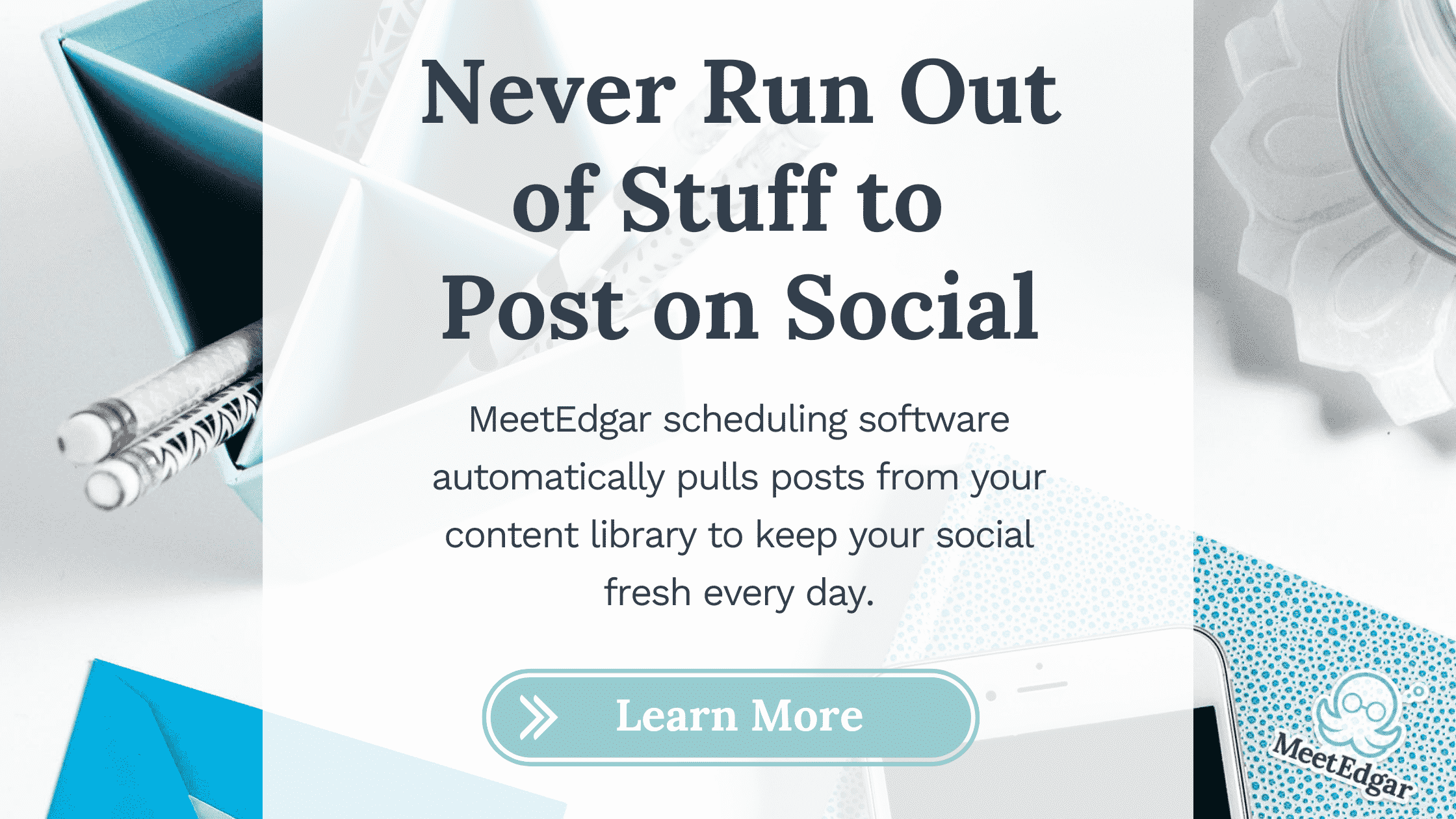There’s a huge fight happening in your Facebook News Feed- and we’re not talking about all those guys from your high school arguing about political memes.
We’re talking about the Facebook adblock battle between Facebook and ad-blocking plugins like AdBlock Plus, which escalated into a good old-fashioned turf war with you at the center!
On the surface, this might seem like it doesn’t have much to do with you – like it’s just another behind-the-scenes disagreement that’ll come and go without affecting your day-to-day life.
But this dispute can affect how Facebook works – both for users and for anyone who uses ads.
What does the Facebook adblock do?
If you install an adblock plugin on your browser, it will stop you being able to see the ads on your Facebook newsfeed and sidebar.
Whether you’re one of the facebook AdBlock plus 300 million users, you’re an advertiser, or you’re just minding your own business like a fruit cart in a car chase, this has changed the way you experience Facebook for the last few years.

The question is, how? And why?
Facebook’s beef with adblock
The adblock for Facebook works by identifying and hiding all kinds of ads within a page – banners, pop-ups, videos, and so on.
For the average user, that probably sounds pretty great!
For businesses like Facebook, though, not so much. After all, websites that are free for users and visitors have to make money somehow – and if you can block ads on Facebook, why would advertisers pay for them?

Millions of businesses use paid ads – and that’s a lot of businesses to try to make happy!
Then there’s the matter of fairness.
If you choose to adblock Facebook ads, the plugins give you varying degrees of control over whether or not you see certain ads. But there’s also some question about what role those sites may play.
ABP, for example, has made money by charging major companies like Google, Microsoft, and Amazon to have their ads unblocked by the service. (Users can still manually choose to block them from their individual settings.)
Facebook has made a point about refusing to shell out for similar privileges, citing the practice as confusing and against their ideals. (They also say that ad blockers may erroneously block posts from friends and family, too.)
Like a lot of websites, Facebook doesn’t like ad blocking.
So they decided to do something about it.
And that’s where it gets really interesting…
Facebook’s alternative (and ABP fights back)
In August 2016, Facebook started by deploying a site change that would block ad blockers from working.
Then ABP released a workaround so that users could keep hiding ads on Facebook.
Then Facebook released another update blocking ABP’s workaround.
(And so on, and so on.)
While the two companies are locked in a back-and-forth battle over the right to show (or block) ads, Facebook also has made it easier to block ads natively.
Basically, Facebook figures that if people don’t like the ads they’re seeing, then those people should be able to make them go away. It won’t get rid of ads altogether, but users will at least be able to control the types of ads they see!
That’s why Facebook is so transparent about why you see certain ads.
They figure you have the right to know why you’ve been targeted for something – and you can get that information from any ad that shows up in your News Feed.
How to block ads on Facebook without an adblocker?
Head over to your settings, then choose ‘ads’. You will be shown your ad preferences and ad settings.

Here you are able to view your data and see exactly which companies have targeted you with ads and can choose to block ads from those accounts.

If you don’t like the types of ads that you are being targeted with, you can tell Facebook right then and there to quit factoring it in, so you’ll see ads that are relevant to other interests.
What does this mean for advertisers?
Facebook is giving users more and more control over what they see in their News Feeds – and that means advertisers have to do a better job than ever before!
Doing a better job means doing things like studying your fans’ demographics and interests, so you can target people more accurately.
It means sticking to messaging that’ll make you stand out to people who have never heard of you (but have heard of your competitors).
It means knowing what Facebook considers a good ad – because they know that there are a lot of bad ads out there!
Empowering users to control the ads in their feeds is a big move in Facebook’s war on ad blocking – and it’s raising the standards for anyone who has ever paid for reach in the News Feed.
Permanently banishing an advertiser from the News Feed is easier than ever, so if your ads aren’t up to snuff, users might start giving ‘em the boot!
Are you on team Facebook, or team blocker?
It could be a while before Facebook and ABP call a ceasefire – heck, it could be never.
In the meantime, what do you think of Facebook’s alternative solution to blocking ads?
Does it seem effective to you as a user? Does it concern you as an advertiser? If you’re using an ad-blocking program, could Facebook convince you not to?
Share your thoughts in the comments below!






4 Comments
IMO, the current implementation of ‘customising your ad experience’ is all smoke and mirrors – it’s an illusion that you’re in control. I haven’t got time to waste on choosing which ads I don’t want to see – they’ll only be replaced with more ads I don’t want to see.
This is why adblockers like ABP exist – they give control back to the individual user.
I think if Facebook gave the option to disable ads completely, many people would – but the majority of users would still see ads. Due to laziness, lack of knowledge, forgetfulness/whatever – most people wouldn’t take the time to change it.
Sure, users who disabled them wouldn’t be directly generating revenue, but it’s not as if they’re therefore completely worthless to Facebook. There’s still a whole lot of useful data to be mined from these users.
Another alternative – offer a premium service where users pay an annual fee to not see ads. Rather than the current illusion, this would provide real choice. Would I pay it? Probably not, as I don’t use Facebook enough any more (on a personal basis, rather than for marketing reasons). But it would be nice to have the option – and I’d feel slightly less bothered by the ads I was shown knowing I had actual control over them.
Hi! I’m the Community Manager for AdBlock. First, this is a really helpful article. I’d like to share it with our users who, like me, didn’t know it was possible to tailor the ads we see on Facebook. Thanks for that information!
I’d also like to correct a misconception. The article starts out referring to Adblock Plus (ABP), which is absolutely correct. ABP is battling Facebook’s ads. Other ad blockers are just along for the ride. About halfway through, however, the writer begins referring to “Adblock,” which confuses users into thinking ABP is AdBlock. AdBlock and Adblock Plus (note the different capitalization) are entirely different products developed by different companies. Just wanted to set the record straight! We’d really appreciate it if the article could be revised to correct those references. Thanks!
Hi Rhana! You make an excellent point about the potential for confusion here. We’ve amended this post to make extra sure that doesn’t happen!
Team Facebook! I am very excited about this as an advertiser. More potential to reach the right audiences. The more feedback users give about the ads they see, the better our audience targeting will be.